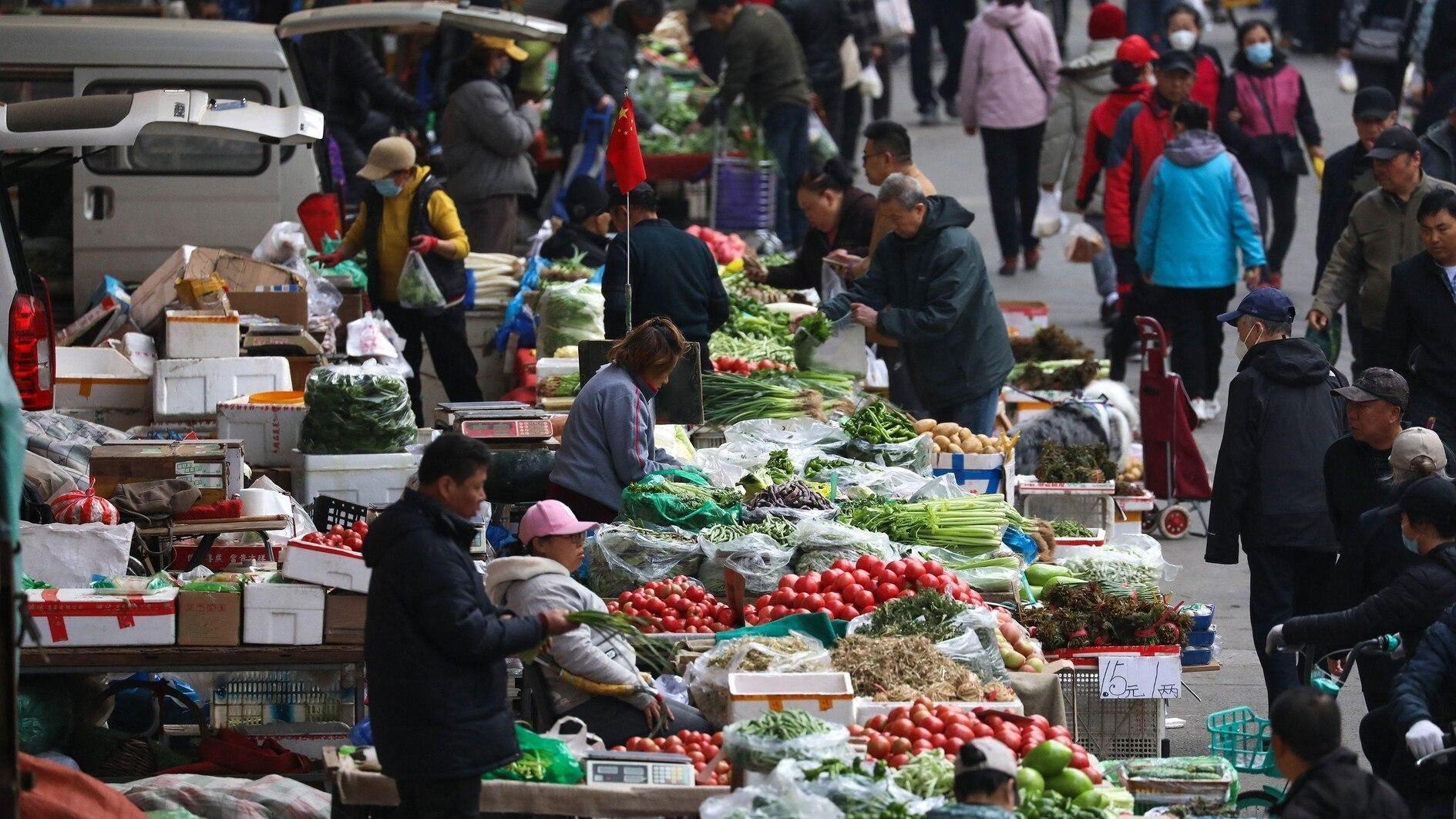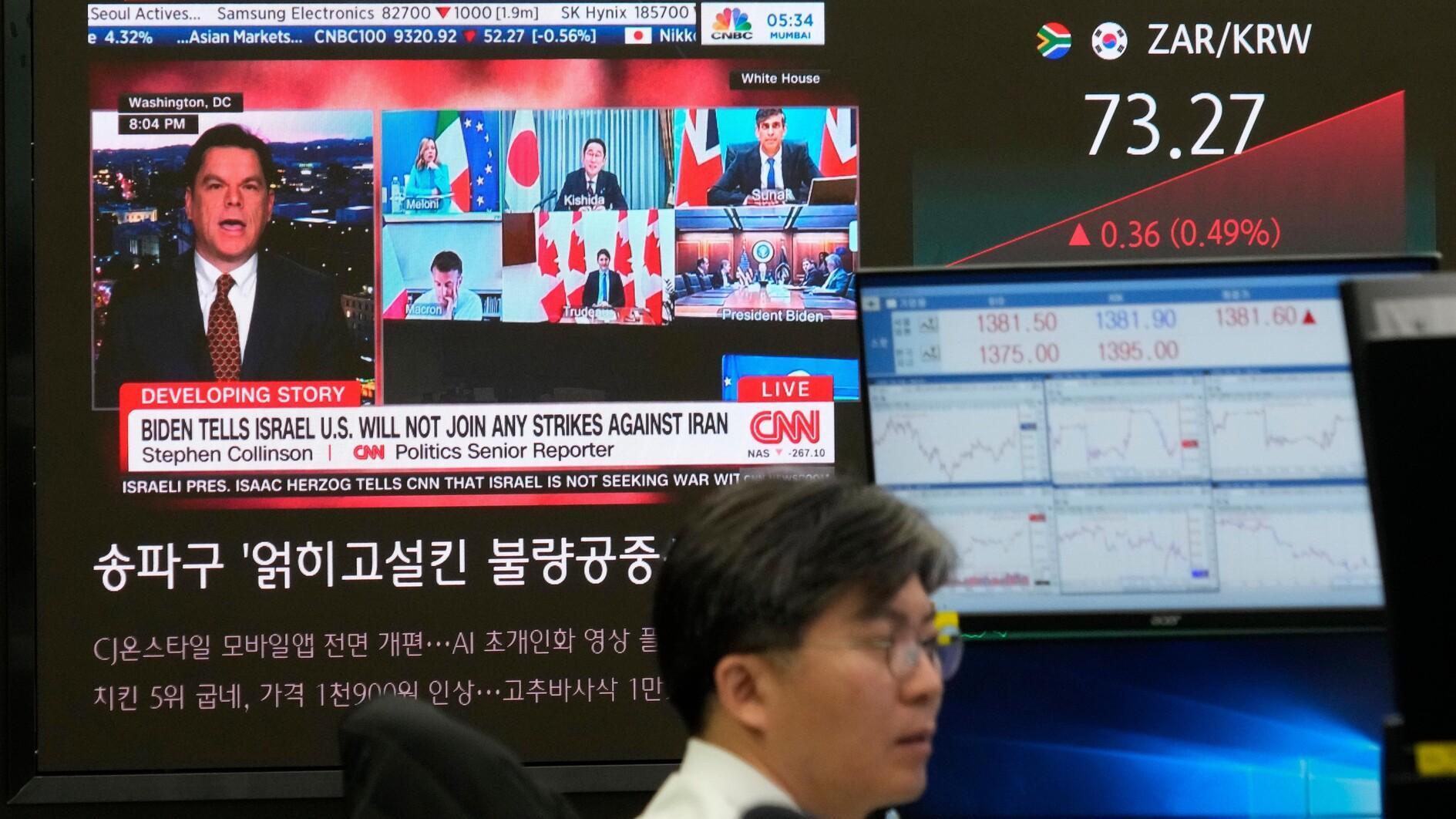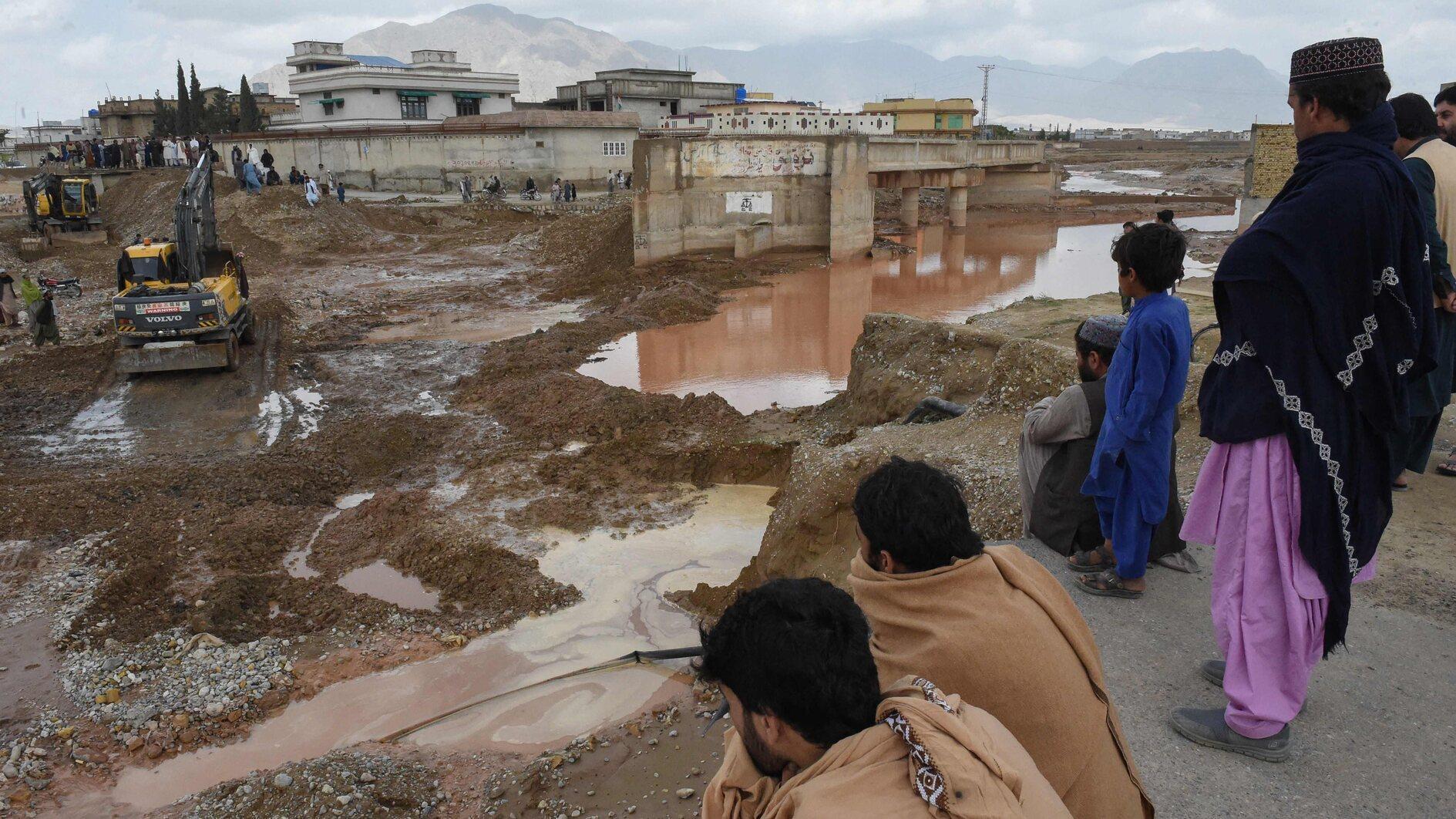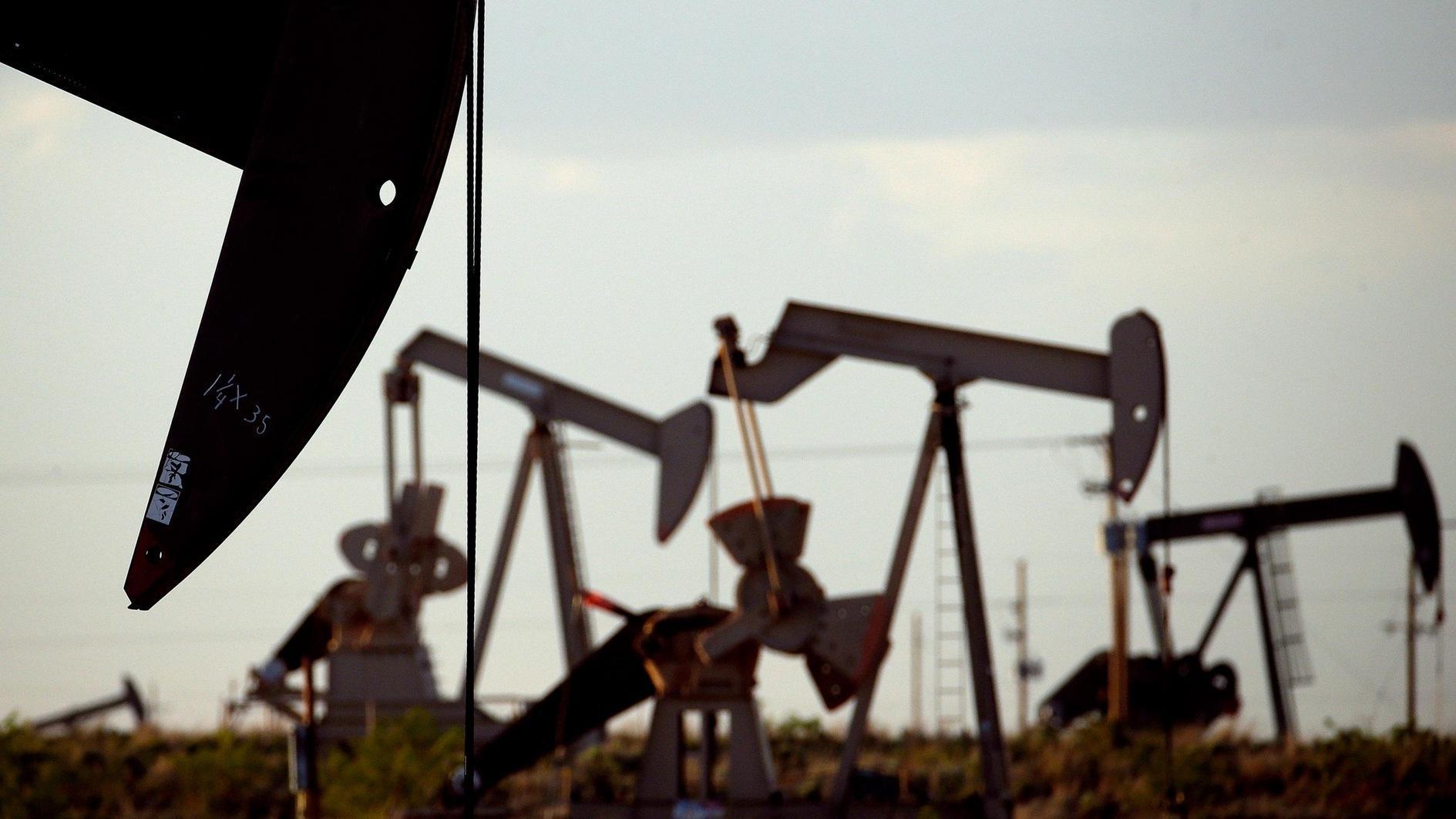Three potential areas of conflict between Turkey and Russia
Ankara and Moscow will hold a high-level cooperation council meeting on March 9 and 10 in St. Petersburg. The meeting will be headed by Turkish President Recep Tayyip Erdoğan and Russian President Vladimir Putin, with the participation of a handful of ministers from both sides. The council meeting is considered to be a turning point in bilateral ties, which have been gradually rebuilt since mid-2016 after months of tension after Turkey’s downing of a Russian warplane in November 2015.
Turkey expects Russia to fully lift sanctions imposed on trade after the downing and to facilitate visa procedures for Turkish nationals, particularly businesspeople. At the meeting in St. Petersburg the two sides will review all dimensions of current economic and energy cooperation and will explore potential joint actions, while also discussing all aspects of foreign policy issues. With nearly 10 days to go until the summit, today’s picture of regional developments indicates a number of areas where the two sides can find themselves drawn into conflict.
In Syria, Turkey and Turkey-backed Free Syrian Army (FSA) troops recently took full control of al-Bab in northern Syria and came very close to the Syrian army positions south of the city. There have been reports of minor clashes between the Syrian army and the FSA, while the recently established Turkey-Russian hotline is said to have prevented these incidents from escalating into a major conflict.
However, there is still a risk of fresh encounters between Turkish and FSA troops and the Syrian army. The Russians are unhappy with Turkey’s plans to go to further south or east in Syria with a next target as Raqqa or Manbij. President Erdoğan stressed on Feb. 28 that Turkey’s next target will be Manbij, with an objective to push Democratic Union Party (PYD) elements to the east of Euphrates.
On the political front, there has recently been a rapprochement between Moscow and Syrian Kurdish groups. After the holding of a Kurdish conference in the Russian capital, Moscow stressed the importance of the PYD being included in the Geneva meetings, where the political transition in Syria will be discussed. Clearly these are not developments that Turkey will be happy with - especially coming from Russia, its new partner in Syria.
Turkey and Russia labeled themselves as the guarantors of the Syrian truce as well as the facilitators of the Astana talks between the Syrian regime and opposition groups.
Another area of confrontation could be the Black Sea, where NATO is increasing its visibility through a number of specific measures aimed at strengthening NATO maritime and air presence. NATO is set to hold sea drills, as well as sea and air patrols, in the Black Sea region, at the risk of angering Russia which has already vowed to take counter-actions.
Turkey’s position is very sensitive, emphasizing the importance of the Montreux Convention on access to the Black Sea. Turkey’s traditional position is to not create any jeopardy with Russia in the Black Sea and to keep NATO away from the region as much as possible. This ground rule, however, was recently broken after President Erdoğan suggested that the Black Sea “almost turned into a Russian lake” in a statement he made last year while tension was still going on with Moscow.
The third issue is ongoing tension between Armenia and Azerbaijan over the Nagorno-Karabakh conflict. That tension recently escalated, as clashes between the two countries’ armies were recently observed. Turkey’s natural ally Azerbaijan has taken steps against the continued occupation of its territory by Armenia, which is under Russian protection. There is no doubt that a further escalation in this tension in Turkey’s neighborhood will have a knock-on impact on Ankara-Moscow ties.
So it’s clear that both countries will have to use all their creativity and flexibility to avoid future tensions over these potential areas of conflict. It seems that the Erdoğan-Putin agenda is getting heavier every day.











